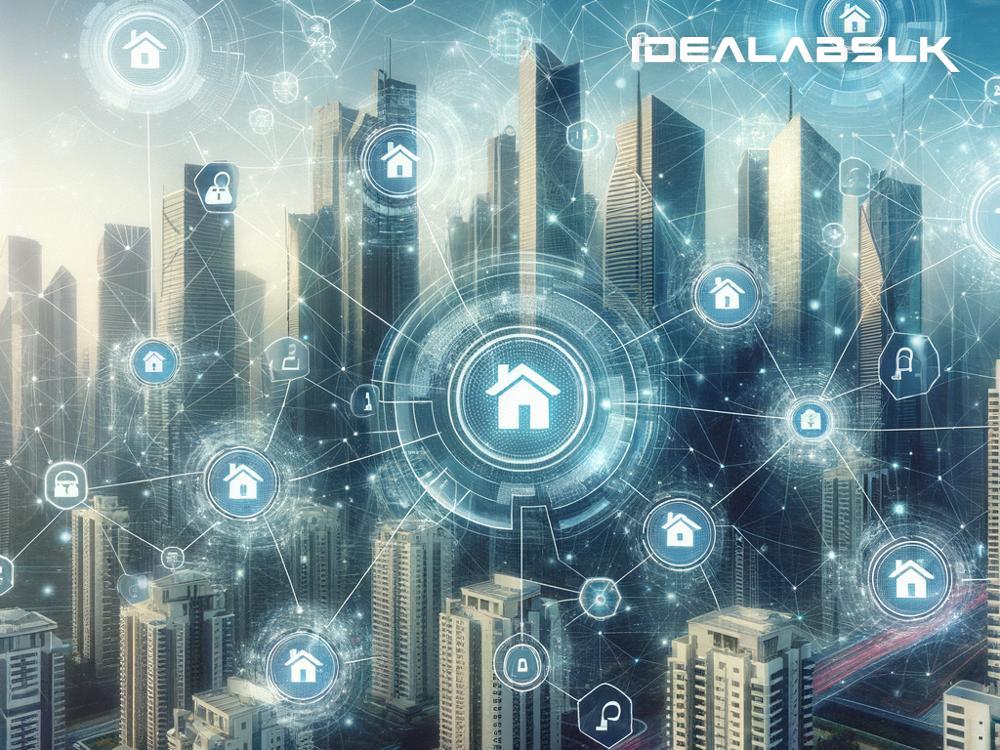Blockchain in Real Estate: Paving the Way for Fractional Ownership
In recent years, the buzz around blockchain technology has moved beyond the confines of digital currencies like Bitcoin and Ethereum, inching its way into various industries, aiming to revolutionize how transactions are made and recorded. Among these sectors, real estate - often considered a traditional and sometimes, exclusive market - is beginning to feel the winds of change, thanks to the advent of blockchain. One of the most exciting prospects on this frontier is the tokenization of real estate, a concept that promises to democratize property investment by enabling fractional ownership. But what does all of this mean in simple terms? Let's break it down.
Understanding Tokenization and Fractional Ownership
Before diving deep, it's vital to grasp what 'tokenization' means in the context of real estate. Essentially, it refers to the process of converting the value of a real estate property into digital tokens on a blockchain. Think of each token as a small piece of the property - much like owning a single brick in a large building. These tokens can then be bought, sold, or exchanged on digital platforms, making the investment process smoother, more accessible, and widely available to a larger group of people.
Fractional ownership, as the term implies, means owning a fraction or a portion of an asset. When applied to real estate, it allows multiple investors to own shares in a property. This concept isn't entirely new—timeshares have operated on a somewhat similar principle. However, blockchain technology significantly enhances this model by reducing entry barriers, improving transparency, and streamlining transactions.
The Benefits of Tokenizing Real Estate
1. Makes Real Estate Investment Accessible: Traditionally, investing in real estate required a considerable amount of capital upfront, making it difficult for the average person to break into the market. With tokenization, however, people can purchase tokens representing fractions of property for a much lower cost, opening up investment opportunities to a broader audience.
2. Enhances Liquidity: Real estate is notorious for being a relatively illiquid asset class, meaning it often takes a long time to sell properties and access the funds. But with real estate tokens, investors can trade their shares on digital platforms with much more ease, similar to stocks, thus providing a level of liquidity previously unseen in the real estate market.
3. Increases Transparency and Security: Blockchain's nature as a decentralized and immutable ledger ensures that all transactions are transparent, easily traceable, and secure. This feature can drastically reduce fraud and increase trust among investors, as all token exchanges and transactions are recorded permanently on the blockchain.
How It Works
At its core, the process begins with the property owner deciding to tokenize their real estate, converting the property's value into several digital tokens. These tokens are then offered for sale, allowing people to buy a share or shares of the property. Once the transaction is complete, details are recorded on the blockchain, providing a transparent, secure, and immutable record.
Investors who purchase these tokens become fractional owners of the property, entitled to a share of the rental income or proceeds from the property's sale, proportional to their investment. This arrangement not only provides a passive income stream but also exposes investors to the real estate market's growth potential without the need for significant capital investment.
The Road Ahead
As promising as it sounds, the tokenization of real estate is still in its infancy, with regulatory, technical, and market-wide adoption challenges to face. However, as blockchain technology continues to evolve and more people begin to understand and trust this method of investment, tokenizing real estate could very well become the norm.
In essence, blockchain is not just transforming the way we view money through cryptocurrencies but is also redefining traditional sectors like real estate. Through the tokenization of property, blockchain is opening up a world where investing in real estate is no longer reserved for the wealthy, but where anyone can own a piece of the property pie. As this technology continues to develop and integrate into our financial systems, the dream of making real estate investment universally accessible is rapidly becoming a reality.

